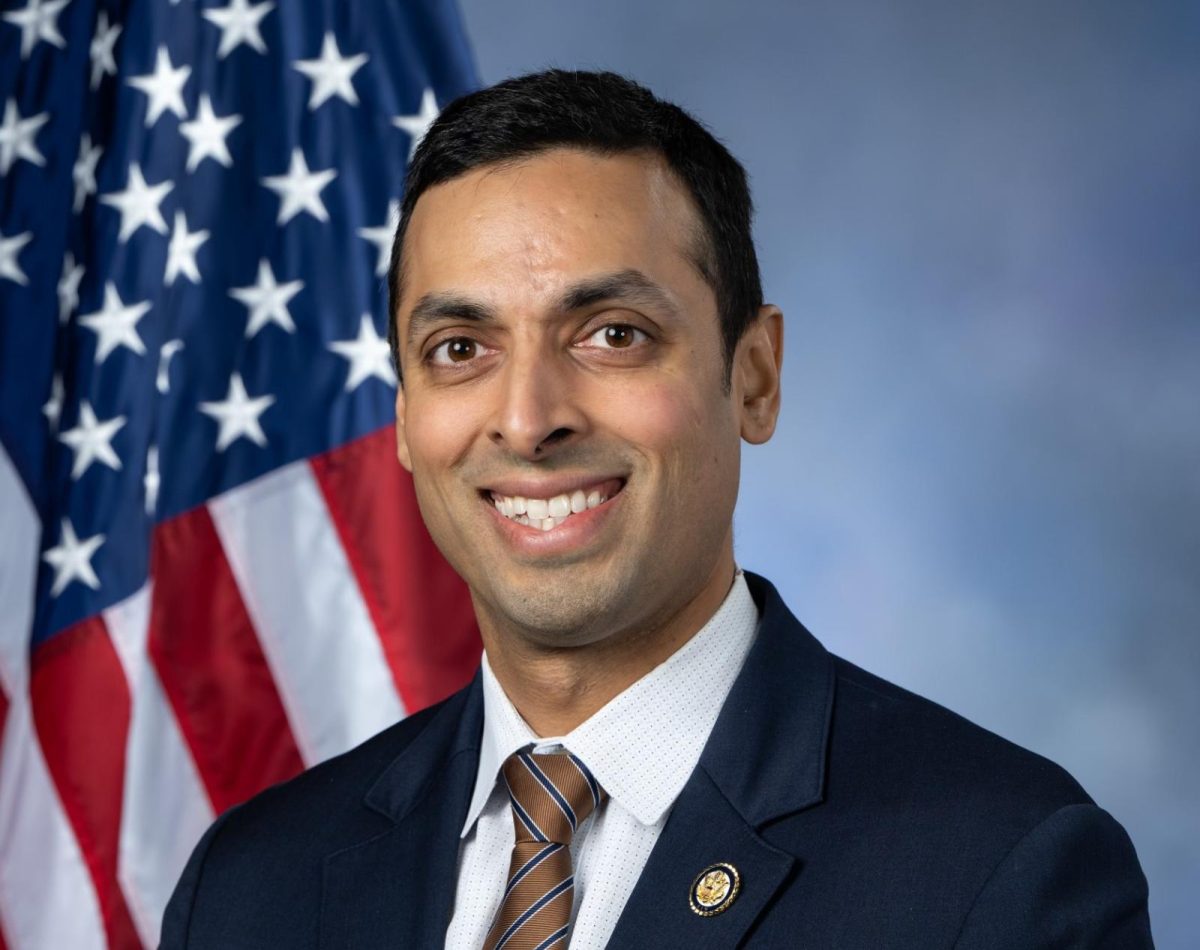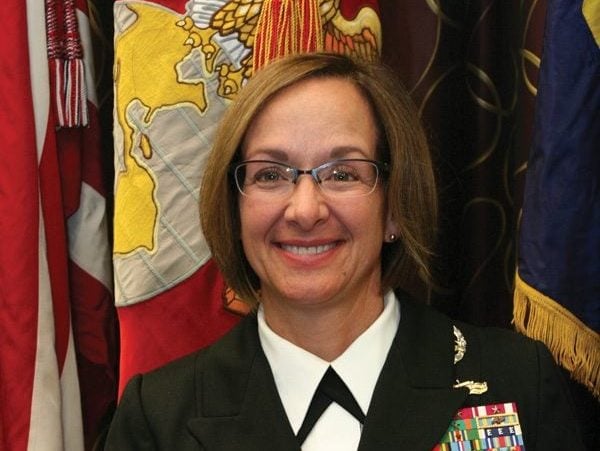The U.S. Department of Defense announced Feb. 9 that it plans to open more than 14,000 jobs for women this spring after a policy change that allows females to serve in positions closer to combat. With almost 50 percent of Northwestern’s Naval Reserve Officer Training Corps members being female, the University may be ahead of the curve.
The policy change will have the biggest effect on the Army, where only 66 percent of jobs are currently open to women, according to Defense Department reports. The law will have a smaller effect on the Navy and theAir Force because more positions in these branches are already open to women.
For NROTC members at NU, equality has always been a part of military training. NU’s NROTC program has been in place since 1926 and currently trains 16 females and 18 males, said Lt. Mac Marrone, professor of naval science.
Midshipmen at NU train together up to three days a week and are generally not bothered by gender differences, said Ashli Satterfield, a midshipman in the third NROTC class and a student at Loyola University Chicago. Of the NU NROTC program’s 34 members, 26 study at Loyola but complete their NROTC training at NU.
“There are females in ROTC that pass up some of the males in our physical fitness training,” she said. “It’s not genderized at all. When we train we’re always together. We develop really close relationships. The men are very respectful.”
Although NU NROTC’s program currently prepares students only for the Navy, the Department of Defense announcement has important implications for prospective female soldiers in the Army. Previously women were not able to serve below the brigade level, but the policy allows them to join battalions, the smaller components of brigades that work closer to combat.
This will also open up some positions that have historically been closed to women, such as being tank mechanics, said Sarah Blansett, editor of a female service member blog through Military.com, an online military membership organization.
The change also allows women who have been serving in battalion attachments, units that work alongside battalions in dangerous situations but are classified as brigade positions, to take credit for being in the battalion, she added.
Jonathan Caverley, an NU political science professor and former U.S. Navy officer, said the two main objections to the new policy are that the dynamic between officers will be altered if women are allowed in combat and that women may not meet the physical standards required for combat.
Caverley said women have played an increasingly important role in the military, and this policy is a step toward acknowledging that, though full military equality is still a distant goal.
“This is a small technical change that acknowledges a broader, de facto development in the military, which is that women are serving in more parts of the military and are exposed to violence in increasing numbers,” he said. “And they seem to be doing fine.”
The reclassification of these positions is significant for women in the military because combat experience is something that higher-ups look for when determining promotions, Blansett said. Being classified as “in combat” also makes the process of getting assistance from the Department of Veterans Affairs easier, she said.
“Women have been serving alongside battalions for 10 years,” she said. “They’re doing these jobs at the battalion level, but they’re not necessarily getting credit for any combat experience. This corrects that.”
At NU, male and female students in the NROTC undergo the same four-year training program, which prepares them for careers as commissioned officers in the Navy or Marine Corps.
Currently female officers can serve in all the same naval communities as males, with the exception of the Navy SEALS, Marrone told The Daily in an email.
“In short, there are no differences between the requirements for female and male midshipmen,” Marrone wrote. “They both must uphold moral, mental, and physical standards of excellence. Slight differences exist on physical fitness tests, but everything else remains equal.”
Marrone wrote in an email to The Daily that members of the NROTC program at NU are unable to comment on the policy change because they cannot speak publicly about issues not “directly related to the routine operations of our ROTC unit.”







